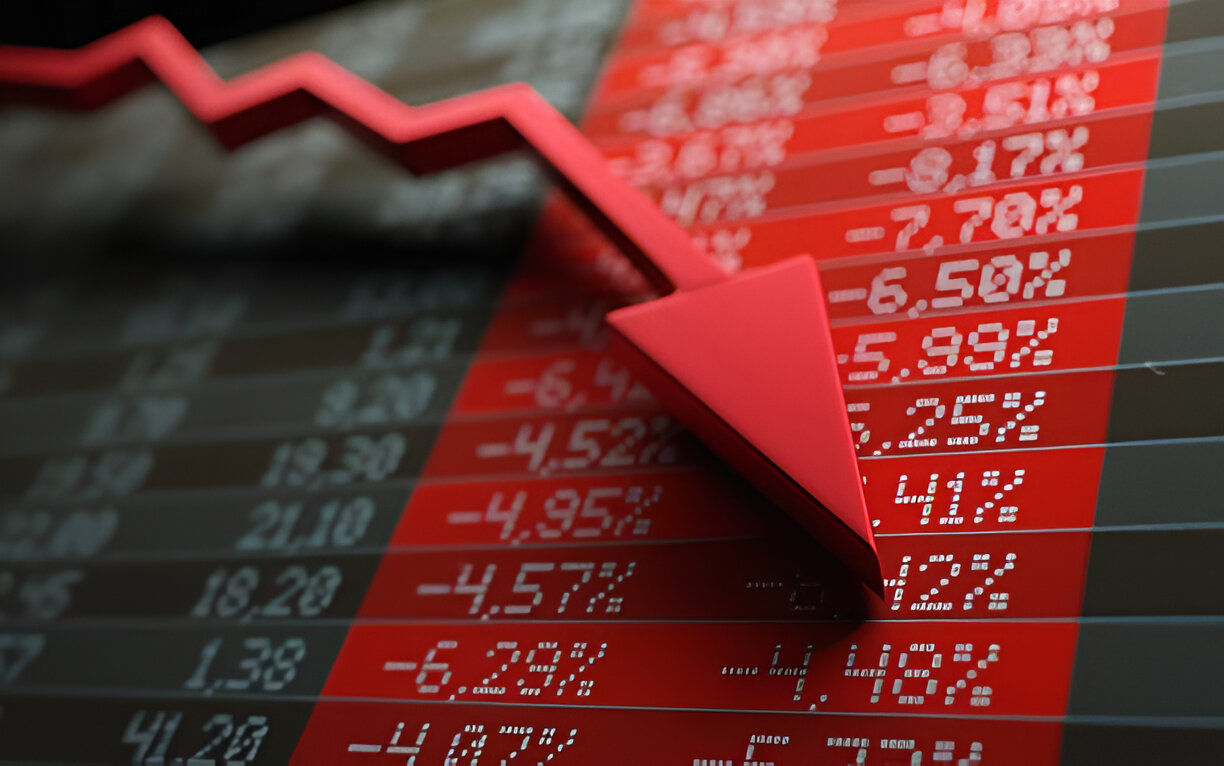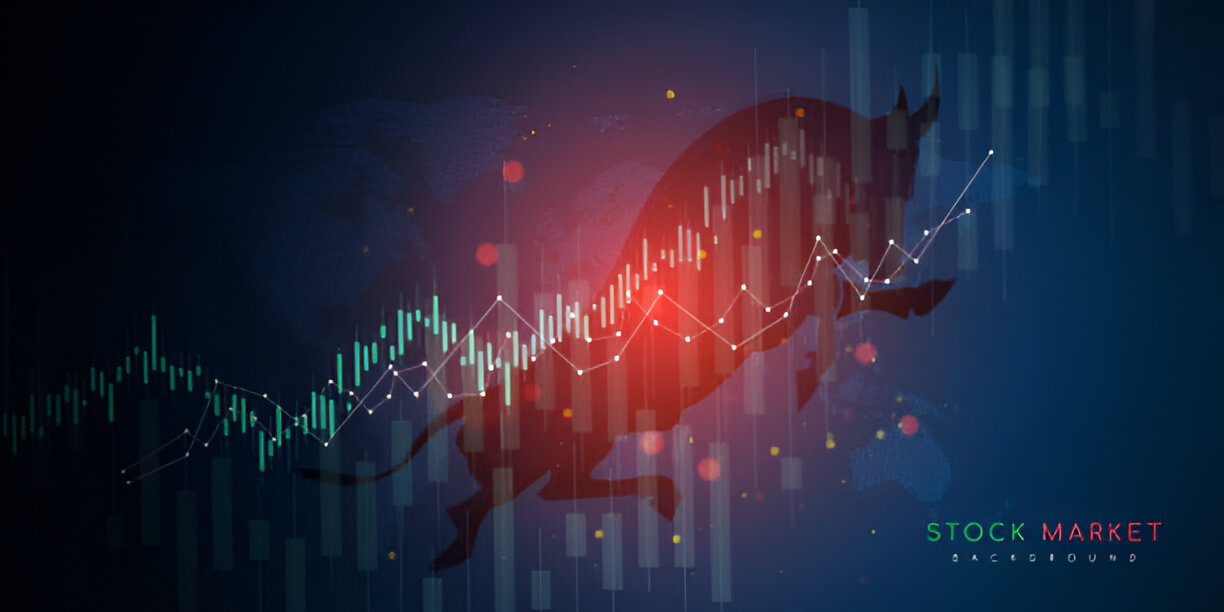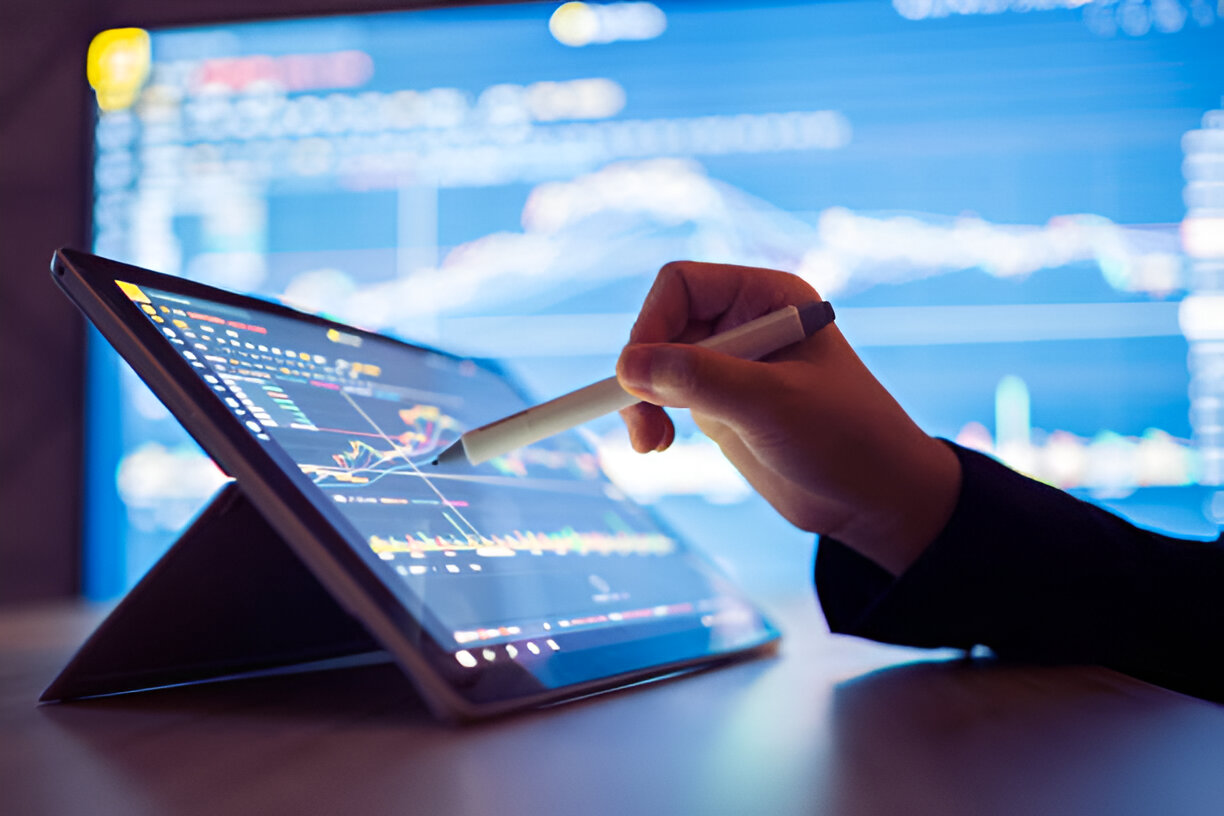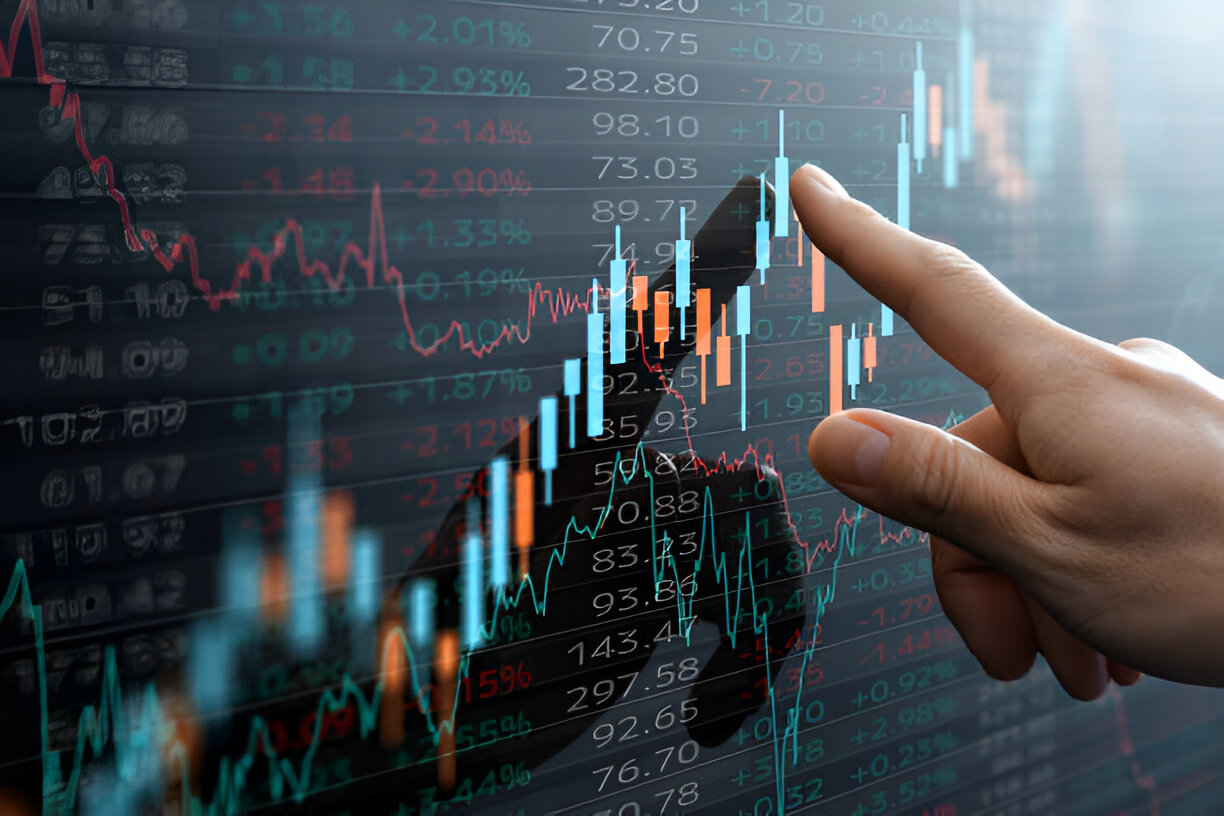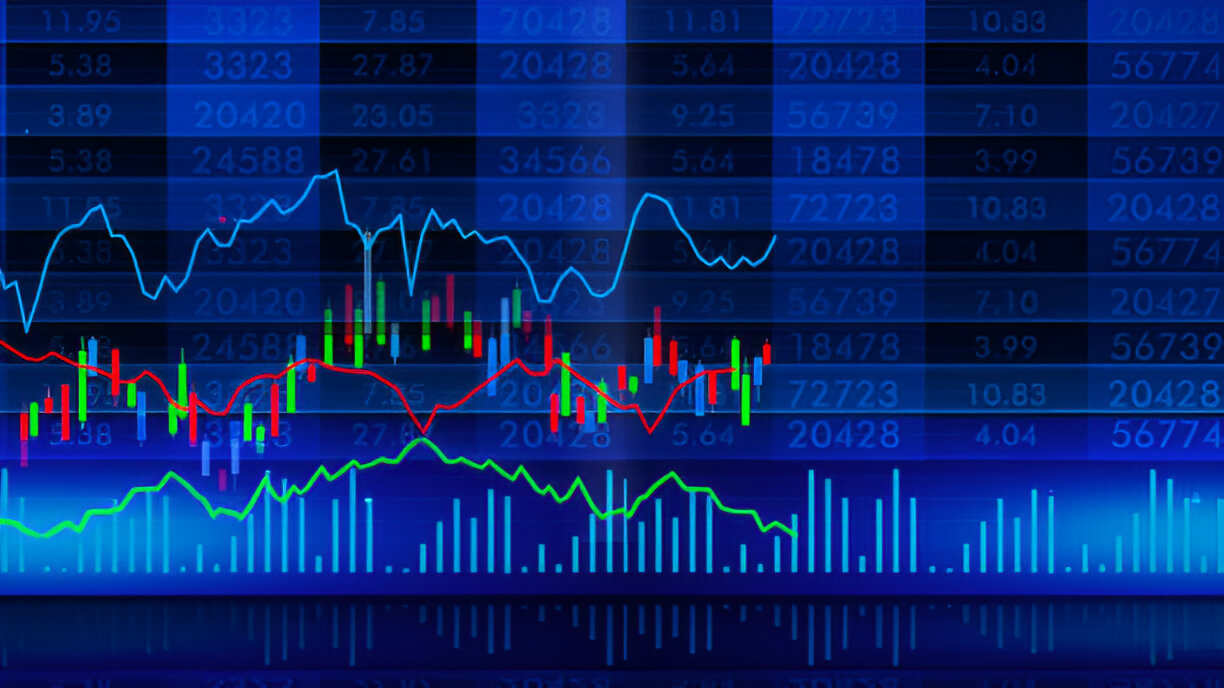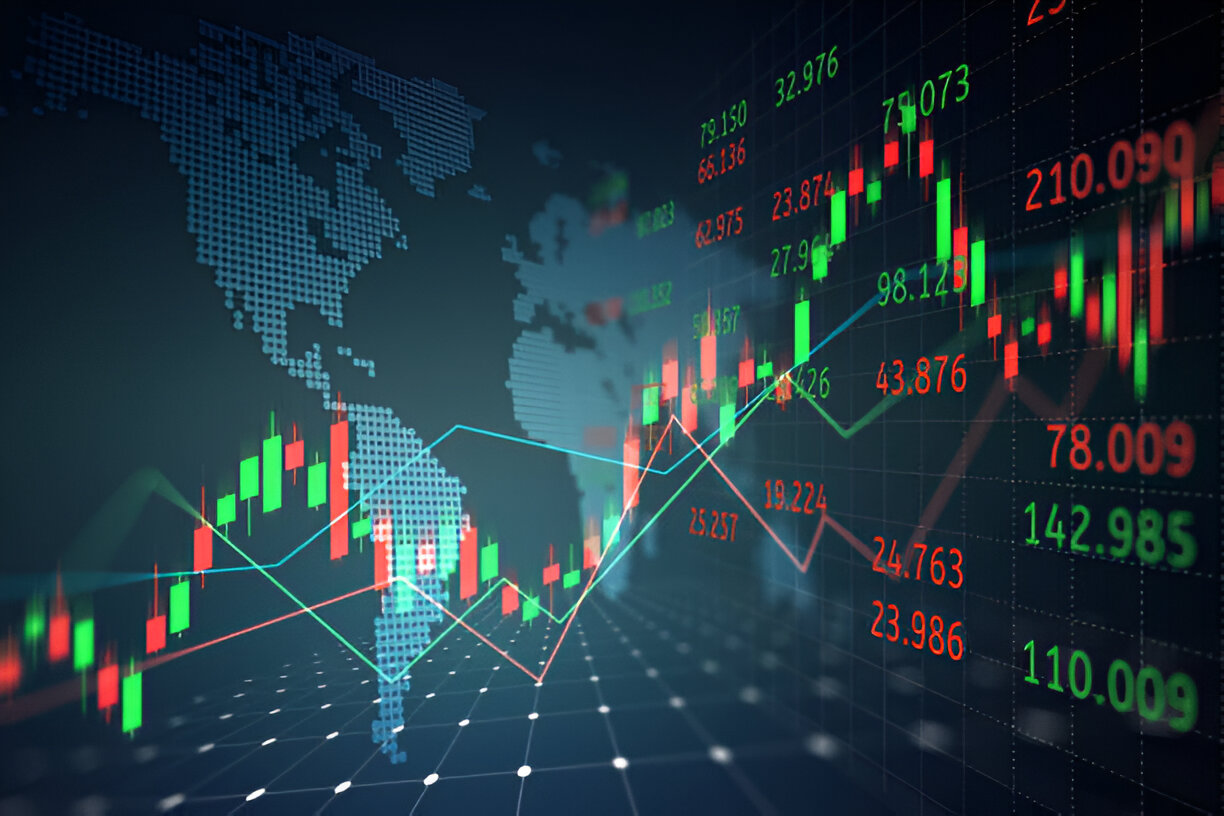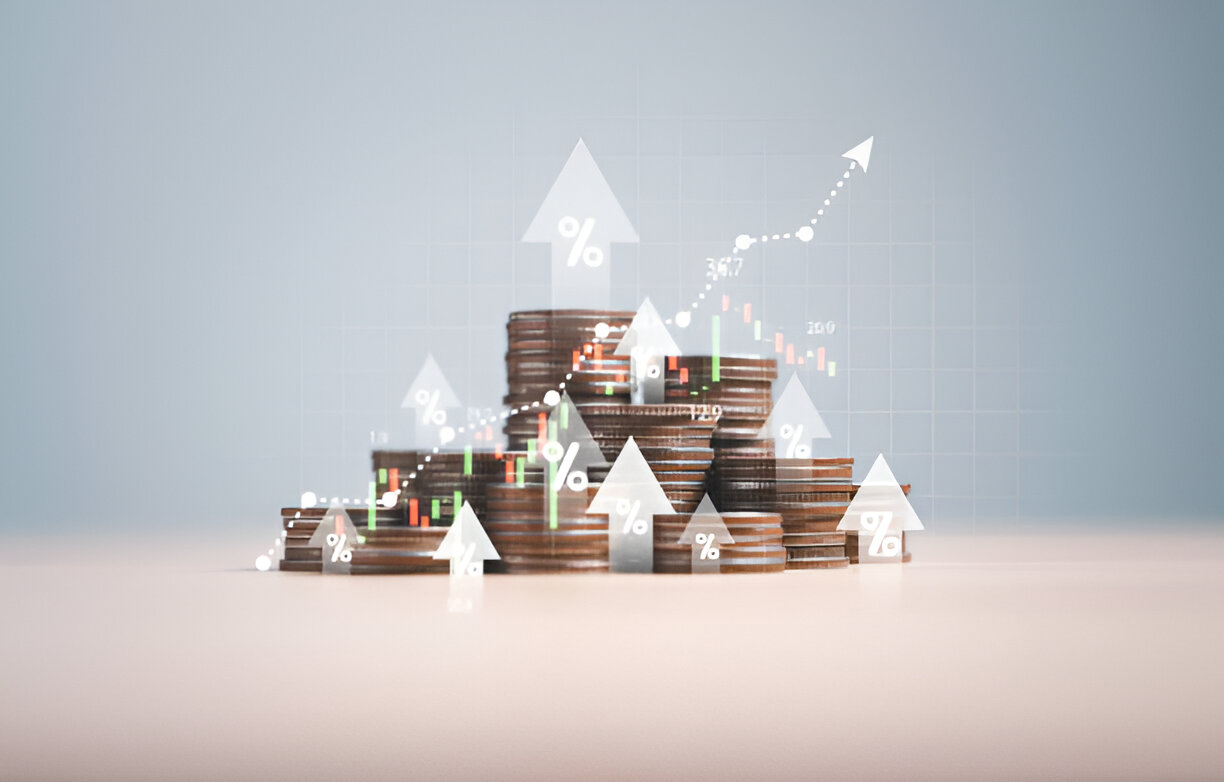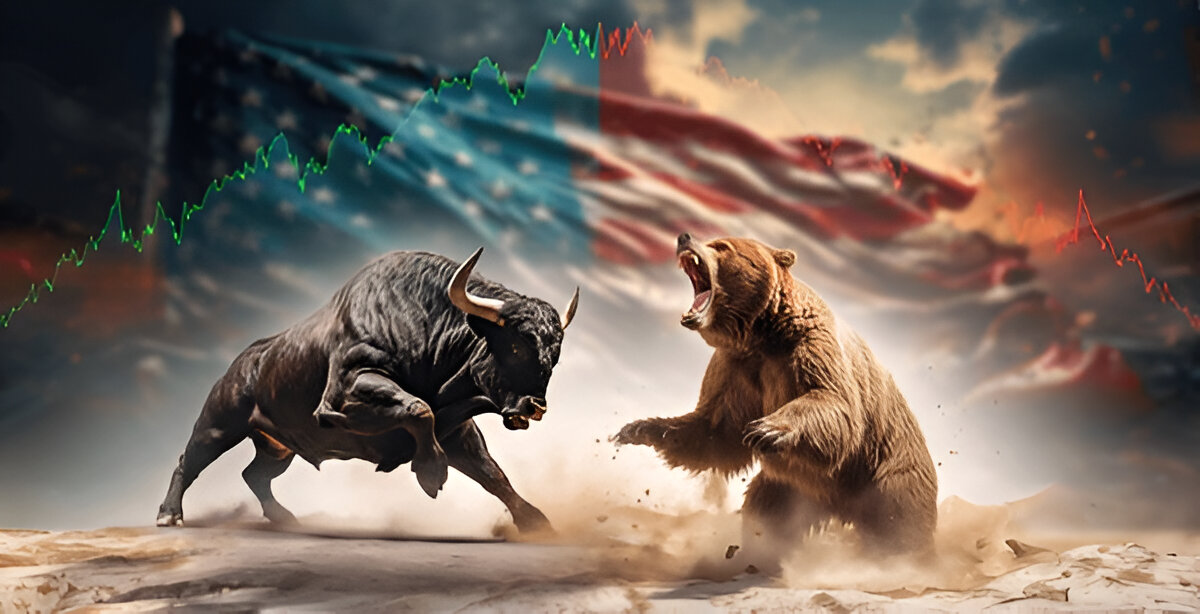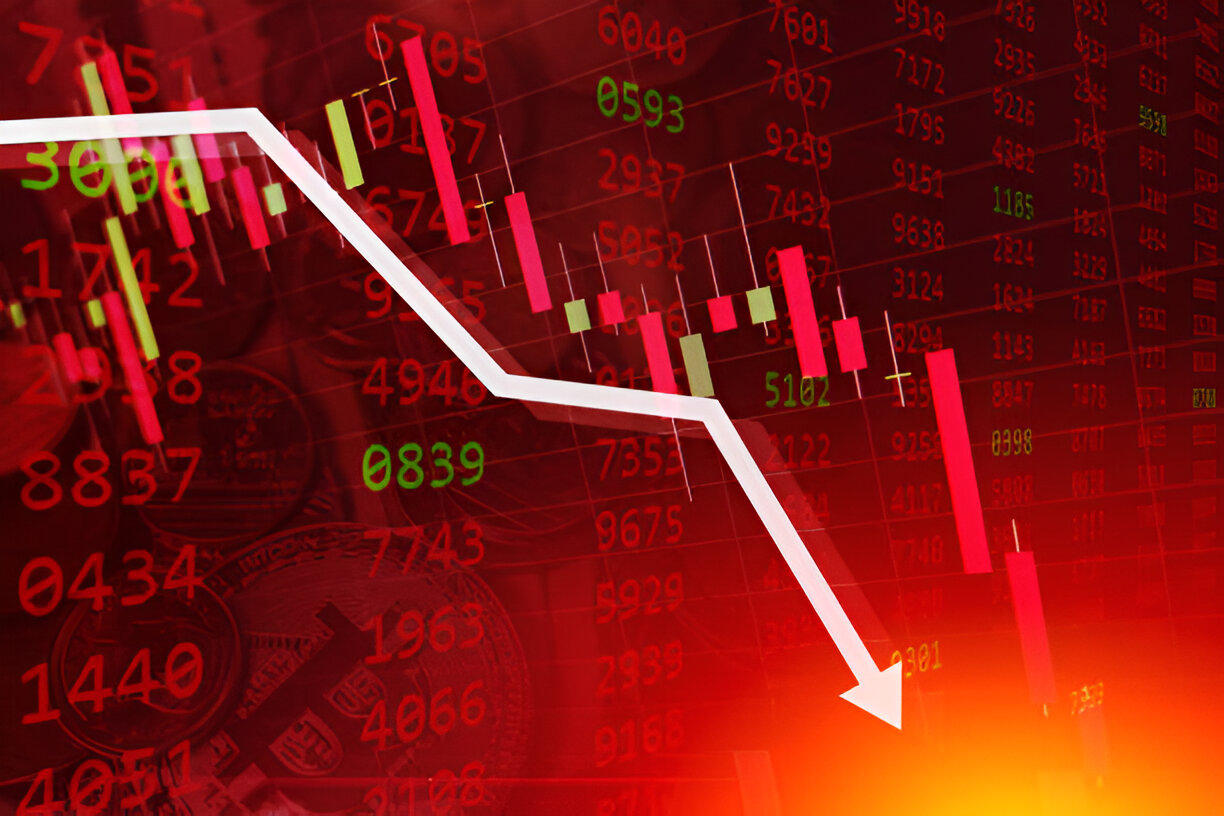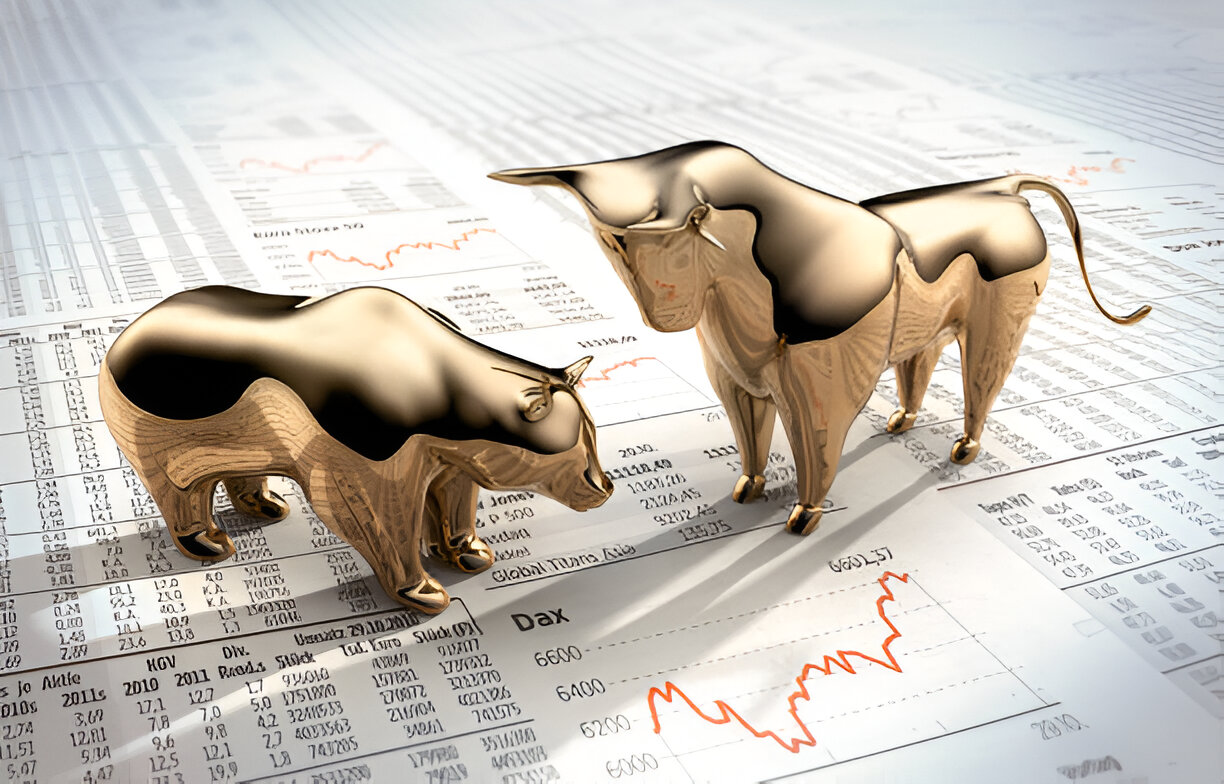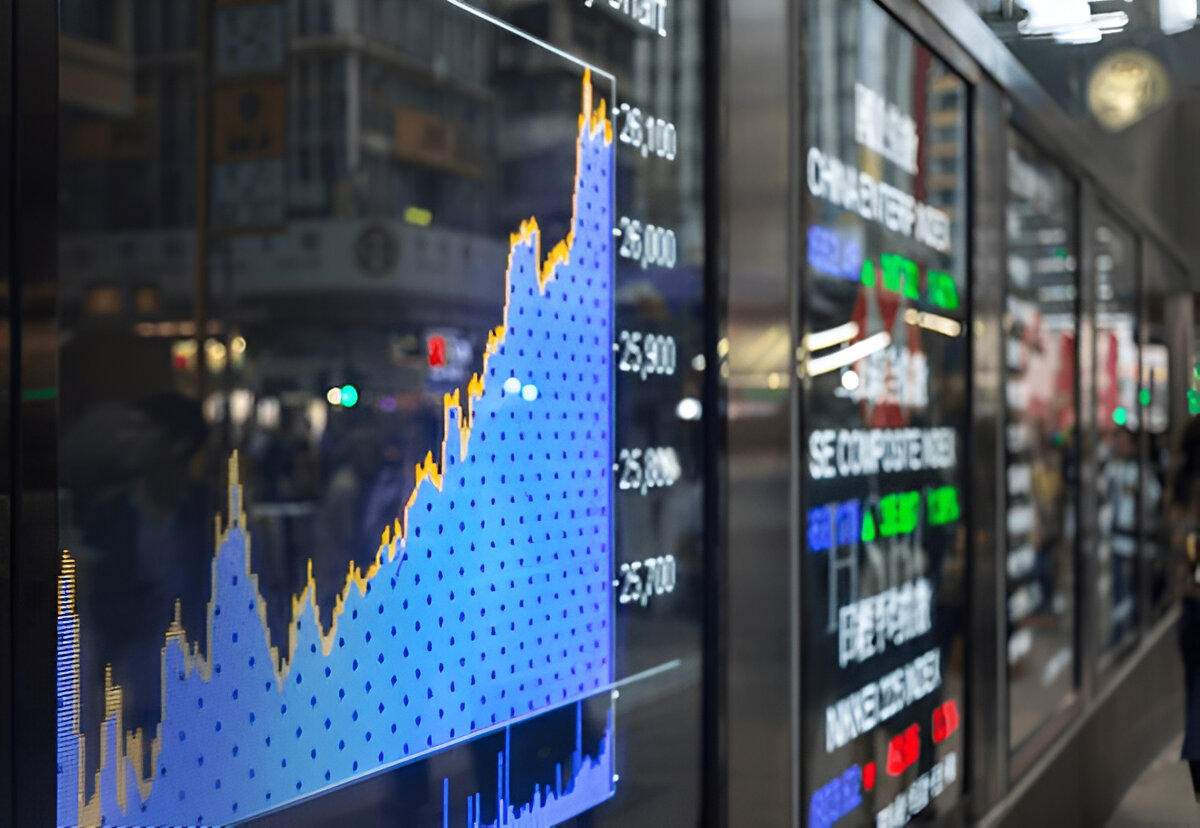The Indian stock market, like most financial markets around the world, does not operate in isolation. Every surge or slump is interconnected with larger external forces, whether economic, geopolitical, or environmental in nature. Global events—be it trade negotiations, pandemics, or geopolitical conflicts—have a profound impact on domestic markets, including India.
Understanding the relationship between global events and the Indian stock market is essential not just for investors but also for policymakers, businesses, and anyone with a stake in India’s economy. These events influence key market indicators such as stock prices, sector performance, foreign investments, and even investor sentiments.
This article aims to explore the dynamics between global events and the Indian stock market, supported by historical evidence, ongoing trends, and expert recommendations. It will provide a complete picture of how global occurrences ripple through India’s financial ecosystem and how individuals can mitigate associated risks.
Section 1: Understanding Global Events
What Constitutes a Global Event?
Global events are occurrences with far-reaching consequences that transcend national boundaries. These can take many forms, influencing economies and societies alike. Some key examples include:
- Geopolitical Conflicts like wars, territorial disputes, trade tensions.
- Economic Policies such as changes in interest rates by major economies, monetary tightening, or fiscal stimulus packages.
- Natural Events such as climate-related disasters, floods, or hurricanes.
- Pandemics such as COVID-19, which have global health and economic ramifications.
- Types of Global Events That Affect Markets
- Categorizing global events provides better clarity on their nature and impact:
- Geopolitical Crises (e.g., Russia-Ukraine war, Brexit): These tend to disrupt trade routes, supply chains, foreign investments, and commodity markets like crude oil.
- Global Economic Trends (e.g., US Federal Reserve rate hikes, inflation): These directly impact investor flows and currency values, often altering equity market dynamics.
- Climate and Environmental Disruptions (e.g., floods, droughts): Affect agriculture-heavy economies like India and thereby disrupt sectors such as FMCG and commodities.
- Health Crises (e.g., pandemics): Stretch healthcare systems globally and lead to erratic consumer behaviors, impacting market stability.
Section 2: Historical Impact of Global Events
Case Studies of Global Events Affecting the Indian Market
1. 2008 Financial Crisis
The global financial crisis originated in the US with the collapse of Lehman Brothers, triggering a ripple effect worldwide. The Indian stock market witnessed a steep correction, with the Sensex plunging from around 20,000 points to approximately 8,000 points by the end of the year. FIIs pulled out significant amounts of capital, leading to a liquidity crunch and weakening of the Indian Rupee.
Sectors impacted:
- Financial services faced heavy losses.
- IT exports suffered when foreign companies cut budgets.
2. Brexit (2016)
The United Kingdom’s referendum to exit the European Union sparked major financial uncertainty worldwide. Indian equities initially nosedived, with the Sensex dropping by over 1,000 points. The sectors most affected were IT services (due to heavy reliance on European contracts) and pharma.
3. COVID-19 Pandemic (2020)
The pandemic brought unparalleled disruptions. Nationwide lockdowns led to an economic slowdown, pushing the Sensex down by 38% in March 2020. While sectors like tourism and aviation struggled, pharma, healthcare, and e-commerce emerged stronger. Over time, fiscal stimulus and strong policy interventions helped Indian markets recover swiftly.
Market Reaction to Global Events
- Investor Behavior: Panic selling often leads to corrections, but opportunistic buying is also observed during recoveries.
- Sectoral Trends: Events like pandemics boost sectors like healthcare, while geopolitical conflicts impact oil and energy sectors.
Section 3: Current Global Events and Their Impact
Ongoing Global Events
1. US-China Trade Tensions: The continued trade war between the US and China impacts Indian companies reliant on intermediate goods and raw materials imported from these two countries. Higher tariffs have increased costs in certain industries, such as electronics and manufacturing.
2. Russia-Ukraine Conflict: The war has disrupted global crude oil prices, significantly influencing India, which remains a crude oil-import-dependent economy. Rising oil prices ripple through sectors like aviation, transportation, and FMCG.
3. Global Inflation Trends: Inflation rates in countries like the US and Europe remain elevated, prompting central banks to hike interest rates. This monetary tightening results in a pullback of FIIs from Indian markets, weakening demand for equity-oriented investments.
Sectoral Analysis
- Technology struggles with global policy shifts affecting outsourcing.
- Energy thrives or faces hurdles depending on crude oil price changes.
- Agriculture is often impacted by disruptions in supply chains or climate events.
Section 4: Mechanisms of Impact
How Do These Events Influence the Indian Stock Market?
1. Trade Links: Global trade disruptions harm Indian exports (e.g., IT services, textiles) and imports (e.g., crude oil). Tariffs and blockages can affect overall profitability for businesses.
2. Foreign Investments: Foreign Institutional Investors (FIIs) and Foreign Direct Investments (FDIs) are integral to India’s capital markets. Any global uncertainty results in FIIs pulling money out, as witnessed during the 2008 crisis. Conversely, FDIs provide stability but are vulnerable to long-term economic shifts.
3. Currency Fluctuations: Fluctuations in the value of the Indian Rupee against major currencies like the US Dollar directly impact import-heavy sectors (e.g., oil, electronics). A weaker Rupee typically results in higher inflation.
4. Policy Responses: The Indian government and the Reserve Bank of India (RBI) actively craft policy responses to mitigate risks arising from global events. Whether it’s fiscal stimulus (e.g., during COVID-19) or interest rate cuts, such actions act as stabilizers.
Section 5: Mitigating Risks
Being directly impacted by global events may seem inevitable, but certain strategies can help minimize associated risks.
1. Diversification: Investors must spread their holdings across asset classes (equity, debt, gold) and geographies to balance the risks from global shocks.
2. Risk Management Strategies: Techniques such as hedging, stop-loss orders, and investing in safe-haven assets like gold can provide protection during uncertain times.
3. Staying Informed: Monitoring global developments through reliable sources and understanding how these events relate to specific industries is key for better decision-making.
Section 6: Expert Insights
Market Analysts
Experts often advise staying invested during market corrections prompted by global events, suggesting that rebounds are typically swift and rewarding.
According to Ashish Dhawan, “The current geopolitical climate points towards prolonged volatility, but focusing on fundamentals over short-term noise will serve long-term investors well.”
Industry Leaders
Mukesh Ambaniemphasizes, “Leveraging advanced data analytics to forecast resource allocations during global disruptions can significantly mitigate risks and maximize opportunities.”
Stay informed. Stay prepared. Monitor global trends and adopt effective investment strategies to safeguard your portfolio.
Leverage expert insights to turn volatility into opportunity!


